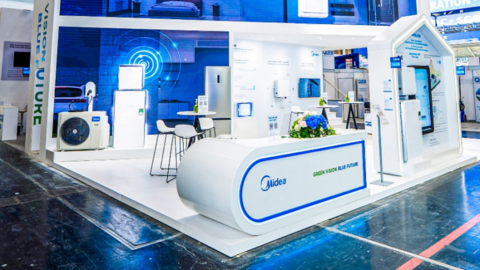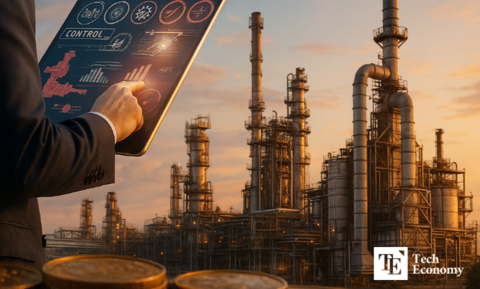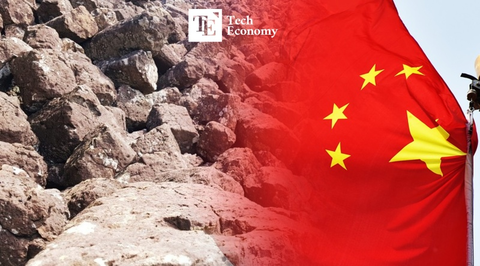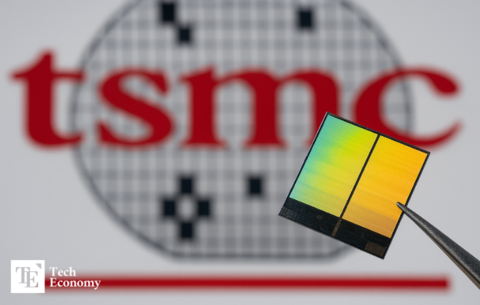AI Shifts the Center of Gravity in Tech: Hardware Surges as Software Fades
Input
Modified
The Era of Mobile Apps Nears Its End
Only Highly Skilled Talent Will Survive
Texas Emerges as the Nation’s ‘Hard Tech Belt’
The rapid advancement of artificial intelligence (AI) is driving a fundamental shift in Silicon Valley, as the startup scene pivots from software to hardware. Beyond basic coding, demand is rising for deep expertise in mathematics, physics, and practical engineering. Traditional hardware sectors are enjoying renewed attention, and the focus on building advanced infrastructure and design capabilities is prompting a migration of strategic tech hubs from California to Texas.
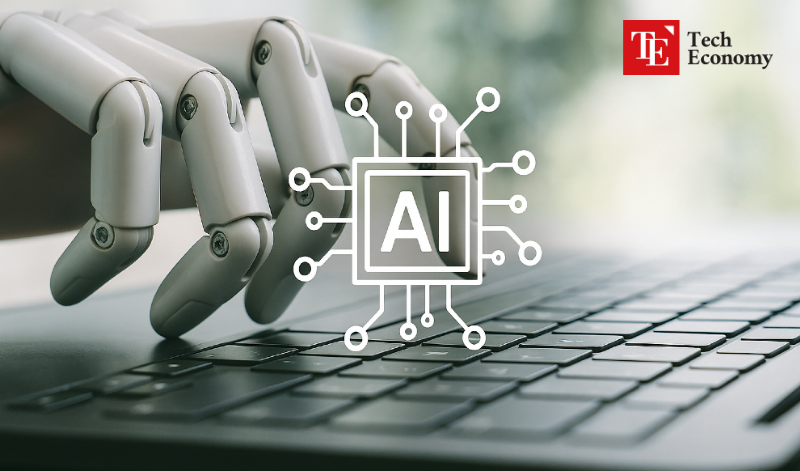
Demand Rises for Talent with High-Level Math, Physics, and Engineering Skills
According to the New York Times on August 5, a new elite class known as “Liberaltarians”—socially progressive yet economically anti-government—has begun to reshape Silicon Valley’s innovation landscape. The Times noted, “If Silicon Valley once felt like gods creating social networks from behind computer screens, today it is about building machines endowed with superintelligence—a real ‘god in the machine.’”
This marks a swift reorientation of the region’s dominant industry, away from mobile apps and toward hardware-driven “hard tech.” In the AI era, hardware competencies such as semiconductor design and power management have re-emerged as critical industries, driven by the need for immense computational performance and real-world implementation. The center of gravity is shifting from the flexible, app-driven startup model to physical technologies rooted in product design and mass production.
The starkest transformation is seen in talent demand. Tasks like data processing and service management are increasingly viewed as inefficient, while the need for specialists in foundational sciences—mathematics, physics, electrical engineering—continues to grow. Core skills in algorithm optimization, power efficiency, and structural design are essential for AI hardware development, and the few experts who possess them are commanding top offers across the industry.
This trend has long been anticipated. IT market research firm IDC predicted in a report late last year that AI would move beyond experimentation and become central to corporate innovation by 2025. IDC forecasts that global spending on AI-related support technologies will reach $749 billion by 2028. The report identified “AI economics” as a strategic focus for companies, emphasizing the need to structure AI utilization systematically as the technology moves from trial to commercialization.
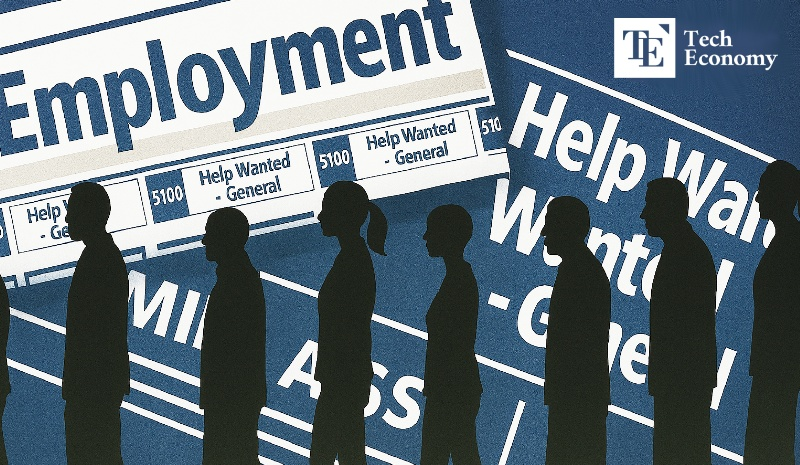
Practical Skills and Technical Depth Now Define Competitive Edge
The profile of in-demand talent in the AI-driven tech industry has shifted dramatically. AI’s role now extends beyond algorithm development to encompass system design, hardware optimization, and cybersecurity—requiring a deep understanding of computer science. Relying solely on AI tools without fundamental technical skills is no longer viable.
Bret Taylor, chair of the board at OpenAI, highlighted this reality in a recent interview, stating, “AI is advancing at an incredible pace, but computer science remains critically important.” His remarks served as a reminder that mastery of AI alone does not confer industry leadership. As AI is increasingly used to solve complex problems, implementing practical solutions requires a thorough grasp of computer science fundamentals.
OpenAI recently launched Codex, an AI coding agent, entering the competitive space alongside Anthropic’s Claude Code, Cursor, and Replit. These tools aim to minimize manual coding and enable development through simple prompts. Still, Taylor underscored the distinction between mere coding and structured thinking enabled by computer science. “Big-O notation, complexity theory, random algorithms, cache misses—these are concepts only specialists truly understand,” he said. “What matters most is the ability to comprehend and design entire systems.”
Other tech leaders have echoed this emphasis. Sameer Samat, head of Google’s Android division, remarked, “Computer science is more than just coding—it’s the science of problem-solving.” He called for a shift in how the discipline is perceived, emphasizing that understanding and designing the right solution is ultimately a human responsibility. While AI can write code, it cannot decide “what to build and why”—questions only humans can answer.
U.S. Tech Industry Continues Geographic Realignment
For decades, Silicon Valley has been the epicenter of American tech. But now, major AI and hardware firms are increasingly shifting operations to Texas. Influential figures like Sam Altman and Elon Musk have designated Texas as the next innovation hub, with companies they’ve founded or backed building out research and production infrastructure across the state.
OpenAI, led by Altman, has partnered with SoftBank and Oracle to launch the “Stargate Project,” building large-scale data centers in multiple Texas cities. The multi-year project, projected to cost hundreds of billions of dollars, is already underway, with construction having begun in Abilene. Meanwhile, Musk’s Tesla has launched a pilot self-driving robo-taxi service for employees in Austin. Beginning with ten Model Y vehicles in June, the program is set to expand in the coming months.
These developments reflect a broader shift away from the “hype” of software-centric AI toward hard tech grounded in real computational resources and infrastructure. As the industry evolves into an ecosystem requiring advanced technology, capital, and talent, operational environments are migrating to regions better suited for hands-on execution. Texas is positioning itself as a new strategic center for technology—and as a potential successor to Silicon Valley.


